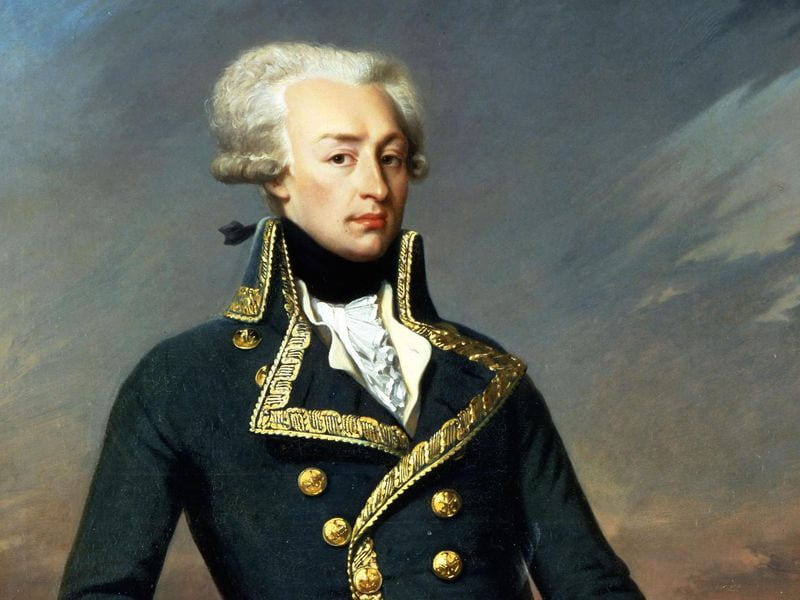By: Ahad Khatri
The way the cast members of “Hamilton” say their words aloud gives Miranda’s writing the power it needs to have the success it has. Specifically, cast members like King George, and Marquis de Lafayette use their different voices to heighten the importance of their characters, emotionalizing their audience song by song.
First, the audience hears King George portray a somewhat eerie and playful ruler in “You’ll Be Back”; even the idea of singing a letter to American colonists makes the audience curious in what the King has to say. It is sung in a very childish tone, with repetition of sounds like “Da da da dat da dat…” as well as “Forever and ever and ever and ever…” to make it appear the King is playing with his audience (https://genius.com/Lin-manuel-miranda-youll-be-back-lyrics). As Hamilton is a tale regarding the life of an ambitious writer during the Revolution, a very serious time, an audience member would likely question the very seriousness of this song, and thus, be confounded at King George’s lightheartedness. However, the King uses the same tone and figuratively makes a threat to the audience (“I will kill your friends and family…”), which puts them in shock (https://genius.com/Lin-manuel-miranda-youll-be-back-lyrics). The audience now knows that King George is very crafty with his words, and they do not underestimate his power in the songs to come, such as “What Comes Next?”, where he uses an identical tone. The way Miranda makes King George use his voice transforms his character from jubilant to fearful through just a few lines of writing.
A plethora of songs later, and the audience hears Lafayette, who once struggled with the English language, (in “My Shot”, for example, he incorrectly says “’onarchy” and “panicky”), spit twenty words in about three seconds (https://genius.com/Lin-manuel-miranda-my-shot-lyrics), during “Guns and Ships”. Clearly, Lafayette’s use of his own voice emphasizes the time it takes for his character to develop, as he progresses from a young revolutionary to an excellent military commander, with English almost as powerful as anyone in the show. When the audience hears “And I’m never gonna stop until I make ’em drop and burn ’em up and scatter their remains…”, they begin to appreciate the level of complexity that Lafayette has, as his fast-paced style of talking compares to the fast-paced style of the play itself and transforms his anxiety into eloquence (https://genius.com/Lin-manuel-miranda-guns-and-ships-lyrics). Again, the audience members feel that Lafayette is talking directly to them, which also emphasizes the immense role they have in developing his character, through their interpretation of his tone of voice. The audience further empowers Lafayette due to his character transformation, which gives Miranda’s writing more acclaim, in that he is able to morph a seemingly unimportant character, at first, into the focal point of a song!

Overall, the way characters like King George and Lafayette are heard signify the power that tone of voice has in a play as successful as “Hamilton”. No matter how excellent the writing may be, the audience must be persuaded by the way that the writing is conveyed, which is why tone of voice matters! Miranda successfully and meticulously delivers his writing to an ecstatic audience, putting the emotions that he experienced while writing into the different voices of the cast and the overall audience.